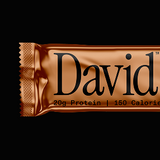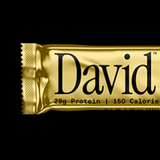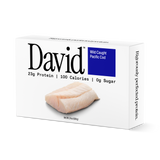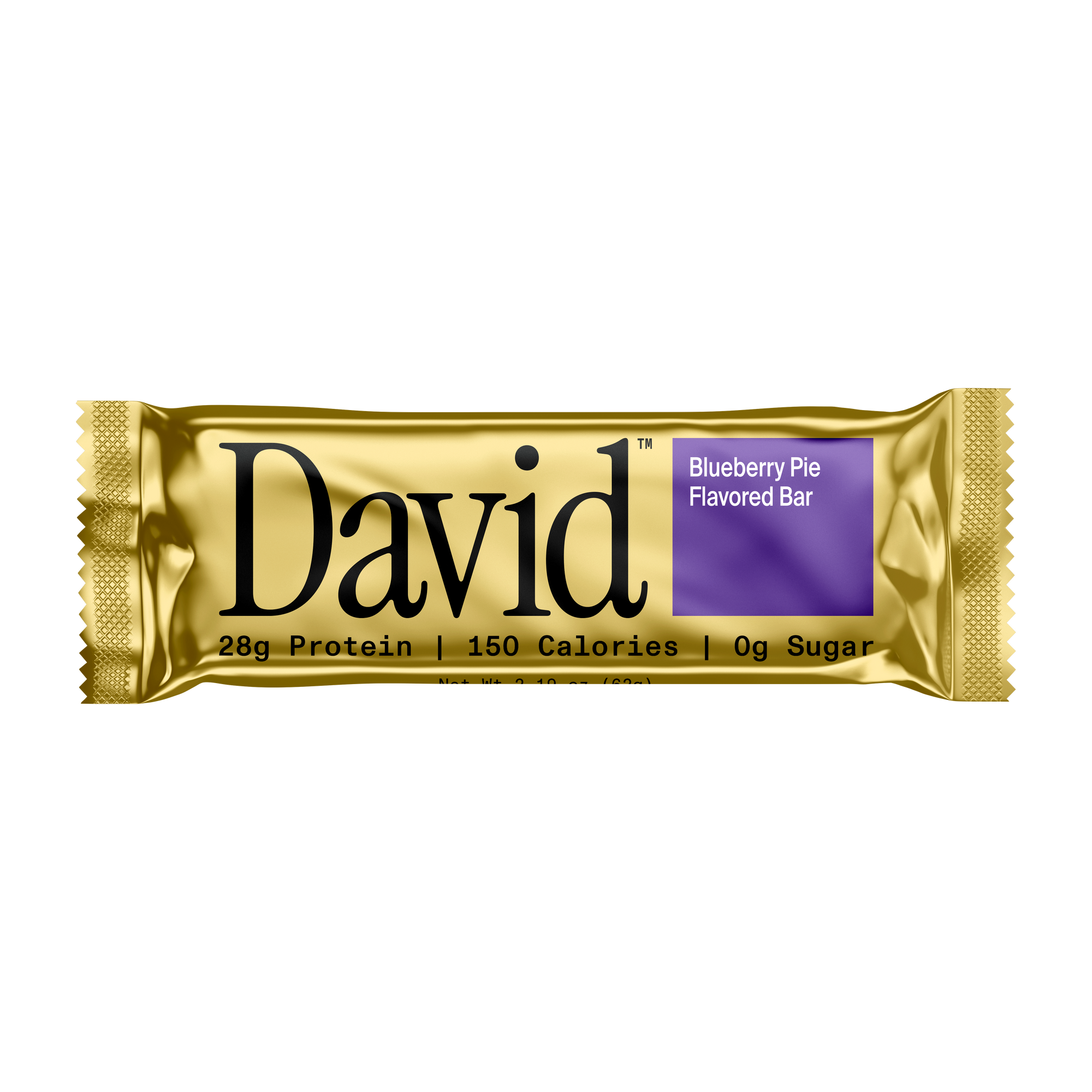
See full list of Dr. Peter Attia's resources.

See full list of Dr. Peter Attia's resources.
1. Wolfe RR, Cifelli AM, Kostas G, Kim IY. Optimizing protein intake in adults: Interpretation and application of the recommended dietary allowance compared with the Acceptable Macronutrient Distribution Range. Adv Nutr. 2017;8(2):266-275. https://doi.org/10.3945/an.116.013821
2. Houston DK, Nicklas BJ, Ding J, et al. Dietary protein intake is associated with lean mass change in older, community-dwelling adults: the Health, Aging, and Body Composition (Health ABC) Study. Am J Clin Nutr. 2008;87(1):150-155. https://doi.org/10.1093/ajcn/87.1.150
3. Wu G. Dietary protein intake and human health. Food Funct. 2016;7(3):1251-1265. https://doi.org/10.1039/c5fo01530h
4. Rhee CM, Ahmadi SF, Kovesdy CP, Kalantar-Zadeh K. Low-protein diet for conservative management of chronic kidney disease: a systematic review and meta-analysis of controlled trials. J Cachexia Sarcopenia Muscle. 2018;9(2):235-245. https://doi.org/10.1002/jcsm.12264
5. Schaafsma G. Advantages and limitations of the protein digestibility-corrected amino acid score (PDCAAS) as a method for evaluating protein quality in human diets. Br J Nutr. 2012;108 Suppl 2(S2):S333-6. https://doi.org/10.1017/S0007114512002541
6. Phillips SM, Paddon-Jones D, Layman DK. Optimizing adult protein intake during catabolic health conditions. Adv Nutr. 2020;11(4):S1058-S1069. https://doi.org/10.1093/advances/nmaa047
7. Matsuoka R, Kurihara H, Nishijima N, Oda Y, Handa A. Egg white hydrolysate retains the nutritional value of proteins and is quickly absorbed in rats. ScientificWorldJournal. 2019;2019:5475302. https://doi.org/10.1155/2019/5475302
8. Pennings B, Groen B, de Lange A, et al. Amino acid absorption and subsequent muscle protein accretion following graded intakes of whey protein in elderly men. Am J Physiol Endocrinol Metab. 2012;302(8):E992-9. https://doi.org/10.1152/ajpendo.00517.2011
9. Berrazaga I, Micard V, Gueugneau M, Walrand S. The role of the anabolic properties of plant- versus animal-based protein sources in supporting muscle mass maintenance: A critical review. Nutrients. 2019;11(8):1825. https://doi.org/10.3390/nu11081825
10. Schoenfeld BJ, Aragon AA. How much protein can the body use in a single meal for muscle-building? Implications for daily protein distribution. J Int Soc Sports Nutr. 2018;15:10. https://doi.org/10.1186/s12970-018-0215-1
11. Cuthbertson D, Smith K, Babraj J, et al. Anabolic signaling deficits underlie amino acid resistance of wasting, aging muscle. FASEB J. 2005;19(3):422-424. https://doi.org/10.1096/fj.04-2640fje
12. Pinckaers PJ, Domić J, Petrick HL, et al. Higher muscle protein synthesis rates following ingestion of an omnivorous meal compared with an isocaloric and isonitrogenous vegan meal in healthy, older adults. J Nutr. 2024;154(7):2120-2132. https://doi.org/10.1016/j.tjnut.2023.11.004
13. Trommelen J, van Lieshout GAA, Nyakayiru J, et al. The anabolic response to protein ingestion during recovery from exercise has no upper limit in magnitude and duration in vivo in humans. Cell Rep Med. 2023;4(12):101324. https://doi.org/10.1016/j.xcrm.2023.101324
14. Oliveira CLP, Boulé NG, Sharma AM, et al. A high-protein total diet replacement increases energy expenditure and leads to negative fat balance in healthy, normal-weight adults. Am J Clin Nutr. 2021;113(2):476-487. https://doi.org/10.1093/ajcn/nqaa283
15. Batterham RL, Heffron H, Kapoor S, et al. Critical role for peptide YY in protein-mediated satiation and body-weight regulation. Cell Metab. 2006;4(3):223-233. https://doi.org/10.1016/j.cmet.2006.08.001
16. Santesso N, Akl EA, Bianchi M, et al. Effects of higher- versus lower-protein diets on health outcomes: a systematic review and meta-analysis. Eur J Clin Nutr. 2012;66(7):780-788. https://doi.org/10.1038/ejcn.2012.37
17. Zapata RC, Singh A, Pezeshki A, Avirineni BS, Patra S, Chelikani PK. Low-protein diets with fixed carbohydrate content promote hyperphagia and sympathetically mediated increase in energy expenditure. Mol Nutr Food Res. 2019;63(21):e1900088. https://doi.org/10.1002/mnfr.201900088
18. Qi XX, Shen P. Associations of dietary protein intake with all-cause, cardiovascular disease, and cancer mortality: A systematic review and meta-analysis of cohort studies. Nutr Metab Cardiovasc Dis. 2020;30(7):1094-1105. https://doi.org/10.1016/j.numecd.2020.03.008



























































